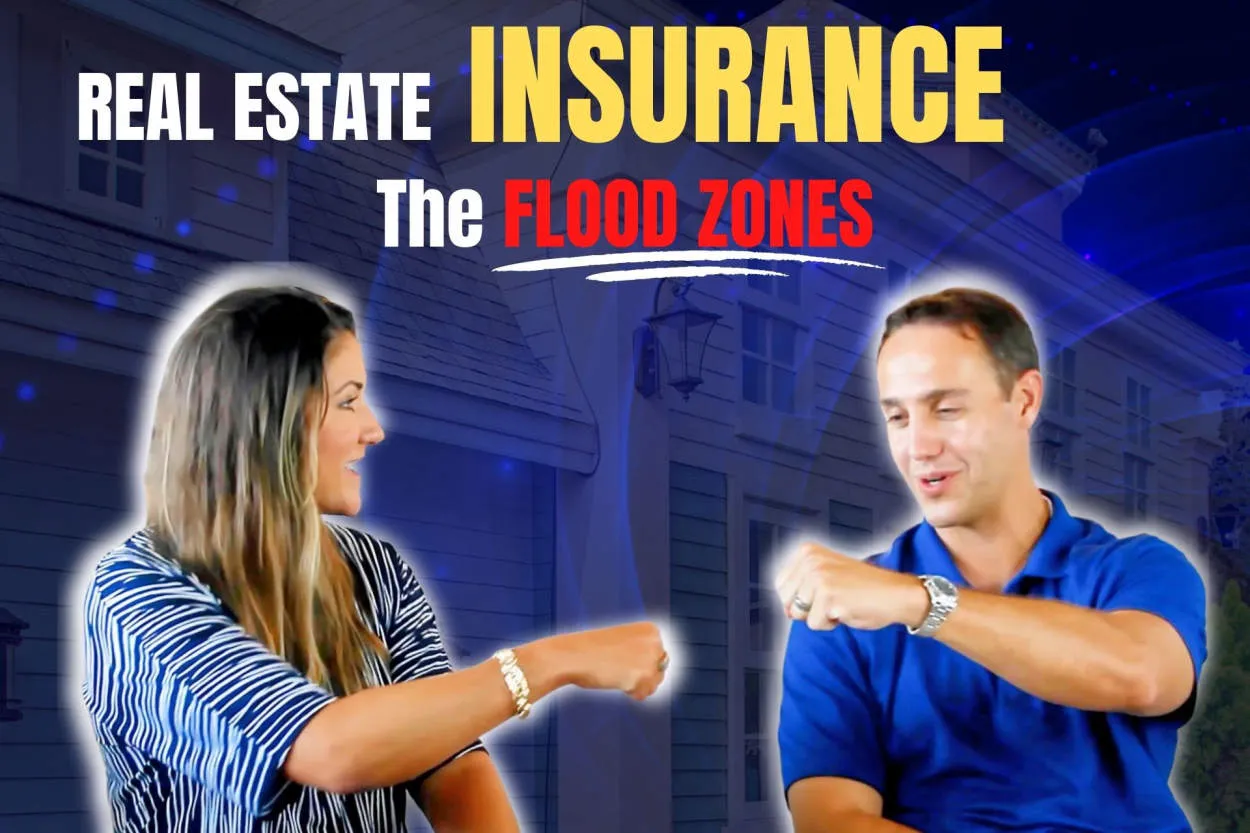Flood Zones and Insurance: What Home Buyers Must Know
Understanding Flood Zone Designations
In the world of real estate, it is important for home buyers to be aware of flood zones and the potential risks they may bring. Flood zones are designated areas that indicate the likelihood of flooding occurring in a particular region.
Here are some key points to help you understand flood zone designations:
- FEMA – The Federal Emergency Management Agency (FEMA) is responsible for creating flood zone maps in the United States. These maps outline different flood zones and their associated risks.
- Zones – FEMA categorizes flood zones into different designations, including high-risk zones (such as Zone A or V) and moderate-to-low-risk zones (such as Zones B, C, or X). The designation depends on factors such as elevation, proximity to bodies of water, and historical flood data.
- Insurance – Homeowners in high-risk flood zones are typically required to have flood insurance. This insurance provides coverage for damages caused by flooding, which is often not covered by standard homeowners’ insurance policies.
- Impact on Home Buying – Understanding the flood zone designation of a property is crucial when buying a home. It helps you assess the potential risks and take necessary precautions, such as obtaining flood insurance or making flood-resistant modifications.
- Additional Considerations – Apart from flood zones, other factors like local drainage systems, historical flood patterns, and climate change projections should also be taken into account to have a comprehensive understanding of flood risks in a particular area.
Being well-informed about flood zone designations is essential for home buyers to make informed decisions and protect their investment. By understanding the flood risks, obtaining suitable insurance coverage, and taking preventive measures, homeowners can minimize the potential damages caused by flooding.
Importance of Flood Insurance
Flood Zones and Insurance: What Home Buyers Must Know
Flood insurance serves as a crucial safeguard for homeowners residing in flood-prone areas. Understanding flood zones and insurance is essential for home buyers, as it can significantly impact property protection and financial security.
Living in an area prone to flooding can expose homeowners to extensive damage and costly repairs. Flood insurance provides coverage for structural damage to the property, as well as compensation for damaged personal belongings. Without flood insurance, homeowners may bear the burdensome costs of restoration and replacement on their own.
Home buyers need to be aware of the flood zone in which a property is located. Flood zones categorize areas based on their level of flood risk, with some zones being more prone to flooding than others. Depending on the flood zone, lenders may require home buyers to obtain flood insurance before approving a mortgage loan.
It is also important to understand that standard homeowner’s insurance policies typically do not cover flood damage. Thus, even if a property is not in a high-risk flood zone, securing flood insurance is still a wise decision to protect against unforeseeable incidents.
By obtaining flood insurance, home buyers can mitigate the financial consequences of flood-related events. In the aftermath of a flood, having insurance coverage can provide the necessary funds to repair the property and replace damaged possessions, alleviating the financial burden on homeowners.
Costs and Coverage of Flood Insurance
When it comes to purchasing a home, one crucial consideration that buyers must keep in mind is flood insurance. The costs and coverage provided by flood insurance can vary depending on several factors, including the location and flood zone of the property.
Flood insurance typically covers the damage caused by flooding, including structural damage and property loss. However, it is essential to understand that not all property owners are required to have flood insurance. Properties located in high-risk flood zones or areas prone to flooding, as determined by the Federal Emergency Management Agency (FEMA), often require flood insurance.
The cost of flood insurance can also differ based on various factors such as the property’s elevation, the age of the building, and the coverage limits chosen by the homeowner. Moreover, the National Flood Insurance Program (NFIP) and private insurance providers offer different insurance plans with varying costs and coverage options.
It’s important for home buyers to conduct thorough research and assess the flood risk in their target area before making any purchasing decisions. Understanding the flood zone classification and insurance requirements can help buyers make informed choices and budget for the potential costs associated with flood insurance.
In conclusion, flood insurance is a crucial aspect that home buyers must consider, especially when purchasing properties in flood-prone areas. Being aware of the costs and coverage of flood insurance allows buyers to protect their investment and be prepared for any potential flood-related damages.
Conclusion
Understanding flood zones and insurance is essential for home buyers. By being aware of the flood risk associated with a property, buyers can make informed decisions and protect themselves financially. Purchasing flood insurance in high-risk areas is crucial to safeguard against potential damage and losses caused by flooding. Remember to consult with insurance agents and local authorities to gain accurate and current information about flood zones in your area.

